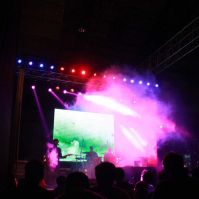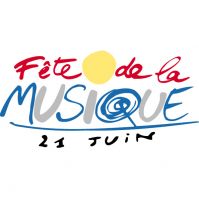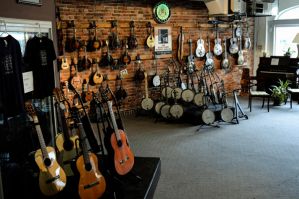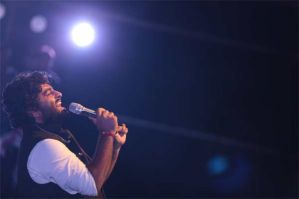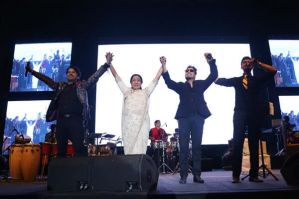Bickram Ghosh: Live music will play a major role in future

An epitome of brilliance, Bickram Ghosh, is undoubtedly one of the greatest living percussionists on the world map today. The maverick tabla maestro has exceptionally maintained the balance between traditional music and experimental genres, becoming the 'new age' composer and artiste. The international tabla percussion wizard urges Indian musicians to shift from programming to acoustic sounds and expresses his views on the growing importance of regional music in non-mainstream films, in this week’s edition of Rendezvous:
Predominantly, music should again become acoustic. Instead of getting into programmed space, it is wonderful to have acoustic sound and musicians should have more acoustic take on things. Excess of programming makes the music sound plastic. Same type of music is repeated in programming and that kind of space needs to be broken; acoustic sounds and music should be played. The sweat and toil of a musician brings a lot to a song and this is something that musicians are missing on these says. And if they can fill that space it will be more classical.
I and Sonu Nigam are actually trying to have at least 75 per cent of acoustics in the music that we compose. We are trying to bring back the actual musician and have more interesting sounds. All our sounds are muddy electronic which basically means mud - ethnic sounds. At the same time we have programming in our music. Across the world people are adopting to acoustic sounds and here in India we are always late in embarrassing things.
Furthermore, a common man also understands the difference between acoustic and programmed music. There is a very subtle line between the two but music lovers do understand the difference between plastic and real music. If a common man listens to music carefully and feels that there is something missing, then this emptiness is mostly due to lack of acoustic sound in a song. Acoustic sound is a human-being playing an instrument and a humane feel comes to the song through instruments. Every musician makes mistakes, but these little mistakes while playing the music gives the song a soul and humane touch. If everything is cut/copy/paste and edited then it becomes nothing less than a plastic sound. Acoustic sound has a certain kind of super power.
In coming years, live music will play a major role and programming will be there for the smartness of the production which is also necessary. Moreover, live musicians will be employed again.
Yet another trend today in music is in its consumption pattern adopted by audience. Music listening pattern has not reduced but the music business has witnessed a downfall as customers are simply hearing it for free. People are hearing more music be it from radio or be it YouTube; music monetization has reduced. This needs to be cracked. I have my own production company where I launch bunch of albums and produce for many younger artistes who have good voice and play wonderful instruments. My belief is that soon it will change and there will be more business in music.
The challenge for a music director is also to get the sound right with the setting of the film.
Non-mainstream films like ‘Jal’ and ‘Kai Po Che’, are currently concentrating on state wise pockets like certain cultural zones. The music of these films is a kind that gets you into a zone and the background score also provides the identity of the space the film is being shot in (‘Kai Po Che’- Gujarati zone). This is a new trend where films are based on certain locale and music becomes locale specific. This is a change that is slowly coming to films today.
‘Jal’ is set in Rann of Kutch and the sound that we have achieved is a resemblance to the place. So the composer has to see if there is any connect but sometimes you can do something out of the box like Little Zizou based on Parsi society with music based on the Indo-western Spanish kind of songs that also worked well. In order to bring in your own belief in the music as expression and at the same time retain the sound as the culture, musicians have to work too hard. If you have a folk song balance it in a way that it is universally accepted. The challenge is to get the regional sound and make it a national or an international sound.
There was a time when regional music of Punjab was the trend and now it has moved on to different states of the country. This move allowed the ethnic sound of that area to spread across the globe. As far as classical music is concerned, it becomes more relevant in a film that is based on a Darbar set-up or South India in the middle ages.
The idea to have music for Vayuputras was really wonderful as the music supports the book and vice-versa. Semi-devotional music like the one of Vayuputras can make space in commercial area because the highest selling music is spiritual and devotional. Late Jagjit Singh’s devotional ghazals and Sonu Nigam’s Ganesha work is very well applauded by the audience and there is really a huge market for it. If you combine it with a commercial release, it can become a way to popularizing your own musical forms and devotional stories.





